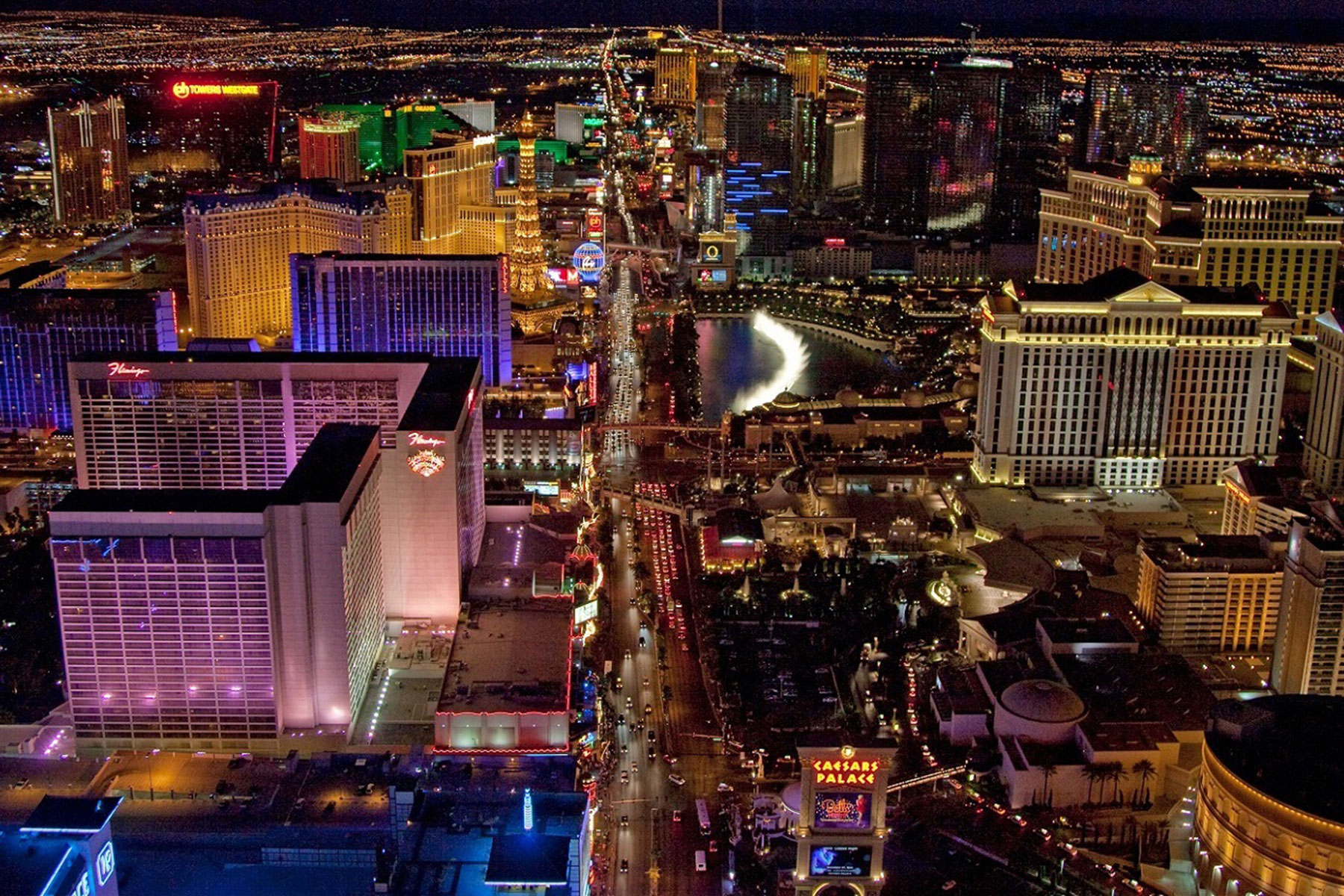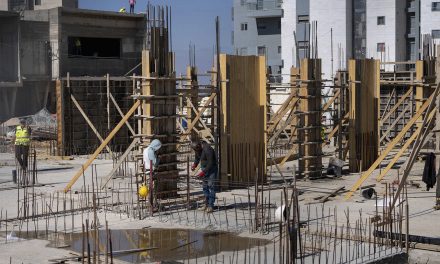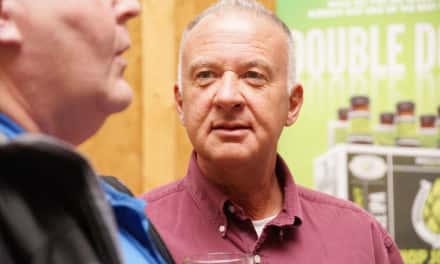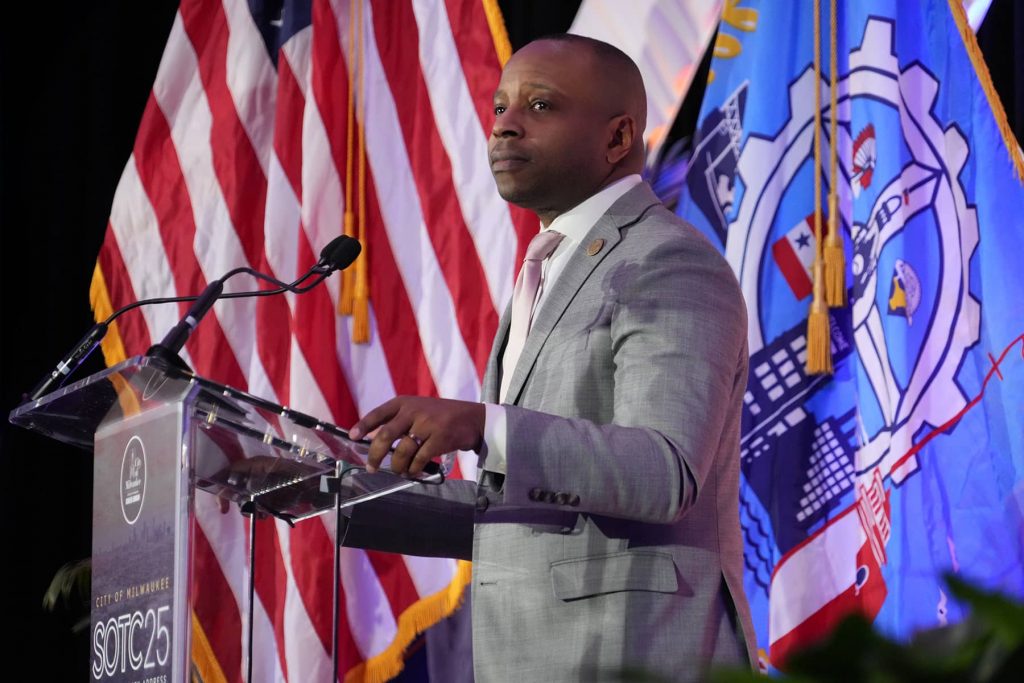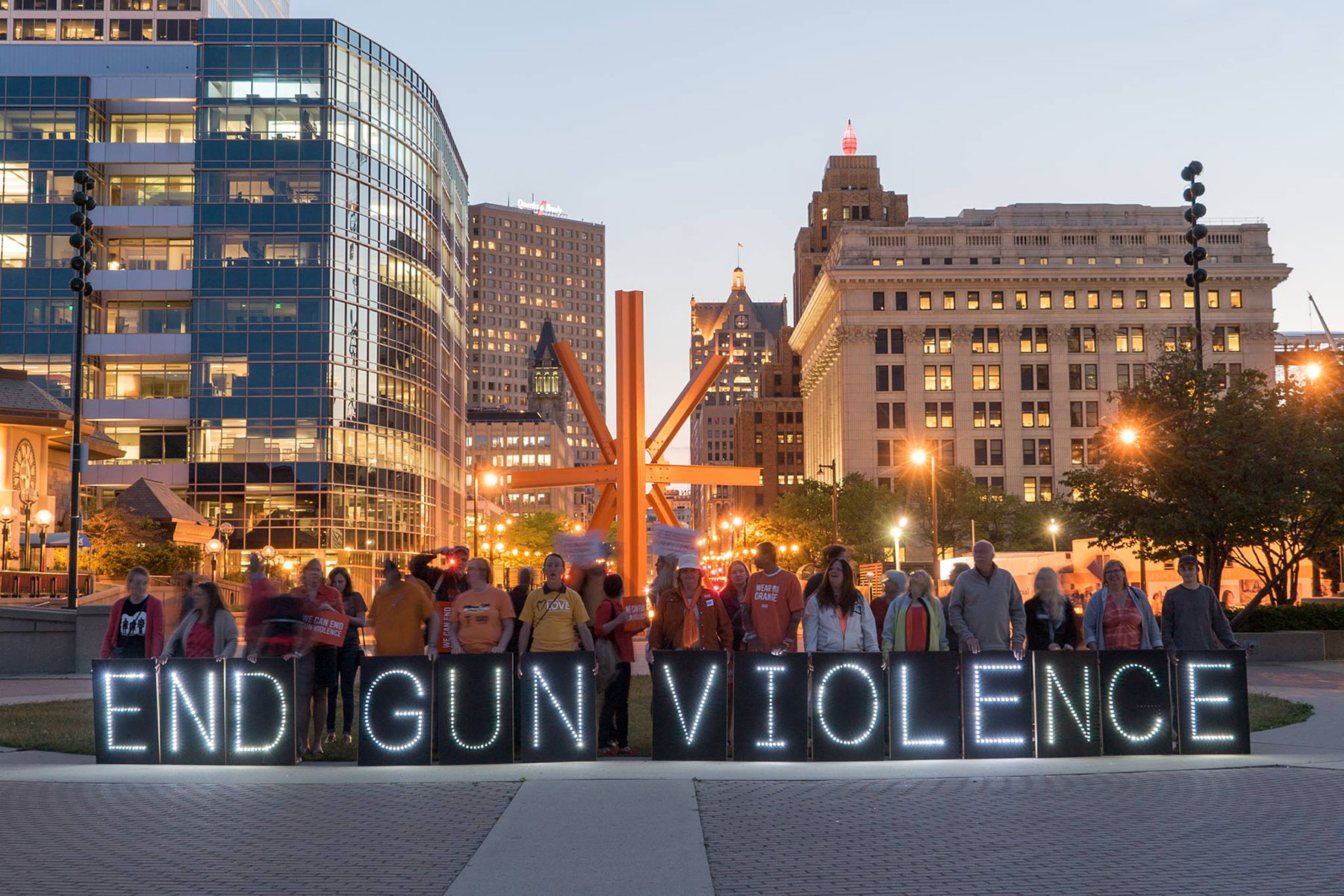
On October 2, Milwaukee and the country woke to the nauseating feelings behind yet another act of dоmеstіc tеrrоrism, with the headlines reading “Las Vegas attack is the deadliest mass shooting in American history.”
At 10:08 pm Las Vegas local time the night before, the Route 91 Harvest Festival erupted in gunfire. A consistent onslaught of rifle-fire riddled the crowd, as people were trampled attempting to avoid the assault. Reports continue to change because the situation is still developing, but latest information has 59 dеаd and 527 hurt.
Consistent to the modus operandi of other mass shootings in recent history, the shooter committed suicide instead of being taken into custody by authorities, your average murdеr-suicide in America.
It is probably a mistake that I leave social media alerts on, when I fall asleep with my cell phone right next to me on the nightstand. I have done this since my own experience with a mass shooting in Milwaukee that also ended with a murdеr-suicide in 2012 that left 7 dеаd and 4 wounded, one of those being my father.
Leaving the phone next to me is not conducive to a deep and restful sleep. But it is my coping mechanism, or better described as my control mechanism. As my sleep was interrupted to the sound of notifications, I wondered what now. I briefly saw prayers and lamenting of a shooting in Las Vegas, no real information yet, so I fell back asleep. Then I woke again as more information was being unveiled through periodic press conferences held by local and federal authorities.
The numbers rolled in. 20 dead, 100 injured, then 50 dead, 300 injured, and climbing. Considering my own loss, my heart was heavy with prayers and deep feeling for the lives and families that will be interrupted forever. Yet being the target of a hate crime myself, for my faith and ethnicity, I also prayed that the shооter not be identified as any type of foreigner, nor someone who has a brown complexion. I waited, and waited in angst. The type of venue, a country music concert, made it a likely target for someone wanting to strike at white Americans.
Finally, the shооter was identified as a white Nevada resident, 64-year-old Stephen Paddock. It came as a relief, but not a surprise. The shооting was an act of domestic terrorism, and it would have been labeled as such in an immediate rush to judgement if Paddock was anything other than white.
My attention went back to the frustration I feel for the affected families, and our society when these senseless and preventable tragedies occur. Fueling this frustration were details and comments regarding the shооter.
Sheriff Lombardo said, “I don’t know how it could have been prevented.”
Police had no prior knowledge of the gunman before this attack, and investigators believe all firearms were legally purchased. Two gun stores have already confirmed that Paddock passed all background checks. In Paddock’s possession were at least 16 weapons, with twos rifles mounted on tripods and altered to function as an automatic weapon.
Adding to the “common man” narrative was the family of the shооter who stated that Paddock had no violent tendencies, no affiliation with hate groups, and no suspicious activity other than he was a “$100-a-hand poker player.”
Nearly three-quarters of all mass shootings in America since the 1980s have been committed by white men. Yet there is no expectation that white men need to apologize on behalf of other white men. Nor is there the social pressure to disavow connections to Paddock, like there would be with someone of another faith and non-European ethnic heritage.
While Trump and others demonized this kiIIer as “crazed lunatic, psychopathic act of pure evil,” the shооter’s own brother described Stephen Paddock so casually as “just a guy.”
With the deadliest mass shооting in modern U.S. history comes two different descriptions for who was responsible. One group calls the shооter a “psychopath,” another group closer to Paddock describe the same shооter as “just a guy.”
He cannot be both, and this is the problem with American views that only look through a political lens, exasperated by social media. It is a dichotomy, or contrast between two extremes, for how our society thinks. The pattern is similar to my own coping mechanism of monitoring my newsfeed, by my ever reachable cell phone, and an example of how we cope by rationalizing our difficult reality.
And for all the emotional effort these situations trigger, the end result is that nothing ever changes.
We rationalize the need to keep an arsenal of firearms, and we rationalize the need to ban all firearms. We rationalize the need to have a militarized police force, and we rationalize the need to disarm all police. We rationalize the need to be all exclusive, and we rationalize the need to be all inclusive. We rationalize the significance of our flag, and we rationalize the need to revolt. We rationalize our faith, and we rationalize our lack of.
This becomes the political and ideological silos we exist in. Often getting so emotionally attached to our opinions that we can no longer have the needed discourse to change the status quo of misery.
In 1994, John T. Jost, a professor of psychology and politics at New York University, coined the Theory of System Justification. This theory is rooted in the “just world belief,” which states that we get what we deserve and we deserve what we get.
This is why we hear so much rationalization of “bad guys will always find ways to harm regardless of the laws” or “only a good guy with a gun can protect you against bad guys.”
However, when the family of the shооter describes this man as “just a guy” it has the potential to change the paradigm. We have to accept that nothing could have been done to stop this individual from causing a bloodbath of innocent Americans attending a country concert in Las Vegas.
Easy, it changes the paradigm to one that is longing for change because no longer is the “status quo” acceptable for the dominant group.
When we as a society get to the point that we all feel vulnerable to the dangers that exist, and can no longer rationalize harm to a small marginalized demographic, it will be then that we have the inspiration to significantly change policy and procedures.
At that time, the status quo will no longer be acceptable for the dominant group, which in this case is conservative White privileged America. Their interests will continue to outweigh efforts that truly protect the public health of all citizens and humanity.
For this to change at a root level, we have to start seeing ourselves in one another, our shared and common humanity. This needed to start yesterday. The mentality of “this is their problem” is not reserved for just the few because. We are all prone to this justification mindset, the “justice,” or “just-us” condoning of continued suffering that we are not directly related to.
The word is called empathy, the ability to understand and share the feelings of another.
Stephen Paddock was “just a guy.” The scariest thing to America is that he, in fact, was “just a guy,” and there are many more “guys” out there just like him. ”Guys” who are not suspected until it is too late. “Guys” who fly a flag of tyranny, yet denounce those who protest. “Guys” who commit the dеаdly shооtings, but are not condemned as terrorists because they do not fit into the traditional boogieman profile.

